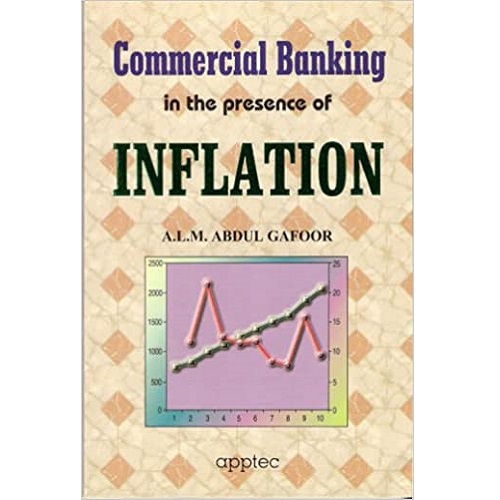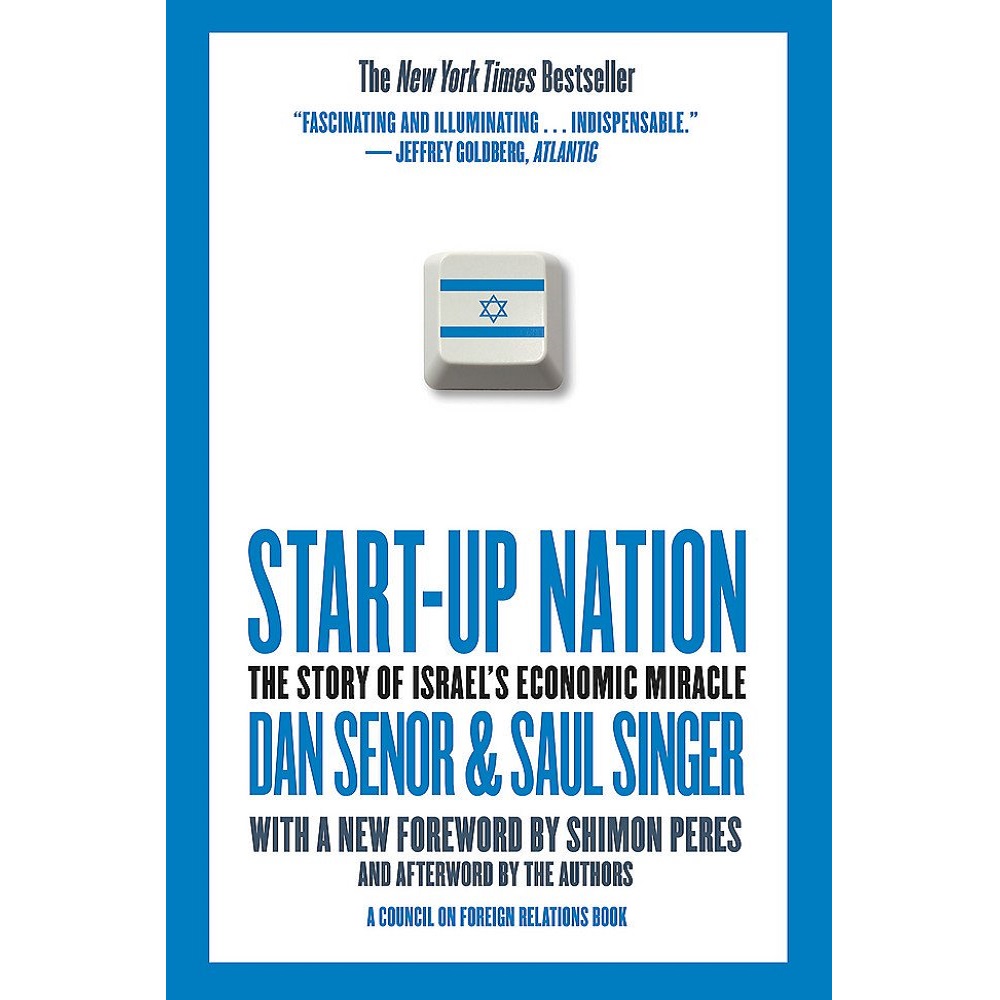Description
Commercial Banking in the Presence of Inflation by A.L.M.Abdul Gafoor
Inflation has become a fact of life in nearly all countries, but it is a very serious problem in developing countries. As far as commercial banking is concerned, it erodes the value of depositors’ savings as well as that of banks’ loans.
Yet the banking system does not seem to specifically address this problem. This book Commercial Banking in the Presence of Inflation by A.L.M.Abdul Gafoor makes an attempt at finding a way of compensating for the loss of value suffered by capital due to inflation.
The book Commercial Banking in the Presence of Inflation by A.L.M.Abdul Gafoor studies various existing measures of inflation, rejects all as unsuitable for measuring inflation on capital with which the present work is concerned, specifies the characteristics required of a measure appropriate to the purpose, and constructs a new index to measure inflation on capital.
Banking transactions affected by inflation are identified, and the new measure is used to compute the loss suffered by capital in those transactions. The method presented here is a general one, universally applicable to all lending-borrowing operations, to neutralise the effect of inflation on such transactions. It is simple and straightforward.
The method has special relevance to interest-free banking. For whereas in a conventional system, the interest paid to the depositors may fully or partially compensate for the loss, and the banks may include it in the interest they charge the borrowers, in an interest-free system the depositor will have to bear the full loss.
Therefore a method for compensating that loss becomes even more urgent. It is on that account that this book fonns the third in a series of three books which, taken together, are expected to provide a comprehensive banking and finance system that addresses the concerns and needs of Muslims today.
The other titles are: Interest-free Commercial Banking and Participatory Financing through Investment Banks and Commercial Banks. Written lucidly in simple English, it is suitable for reading by professionals and academics as well as by the general public.







